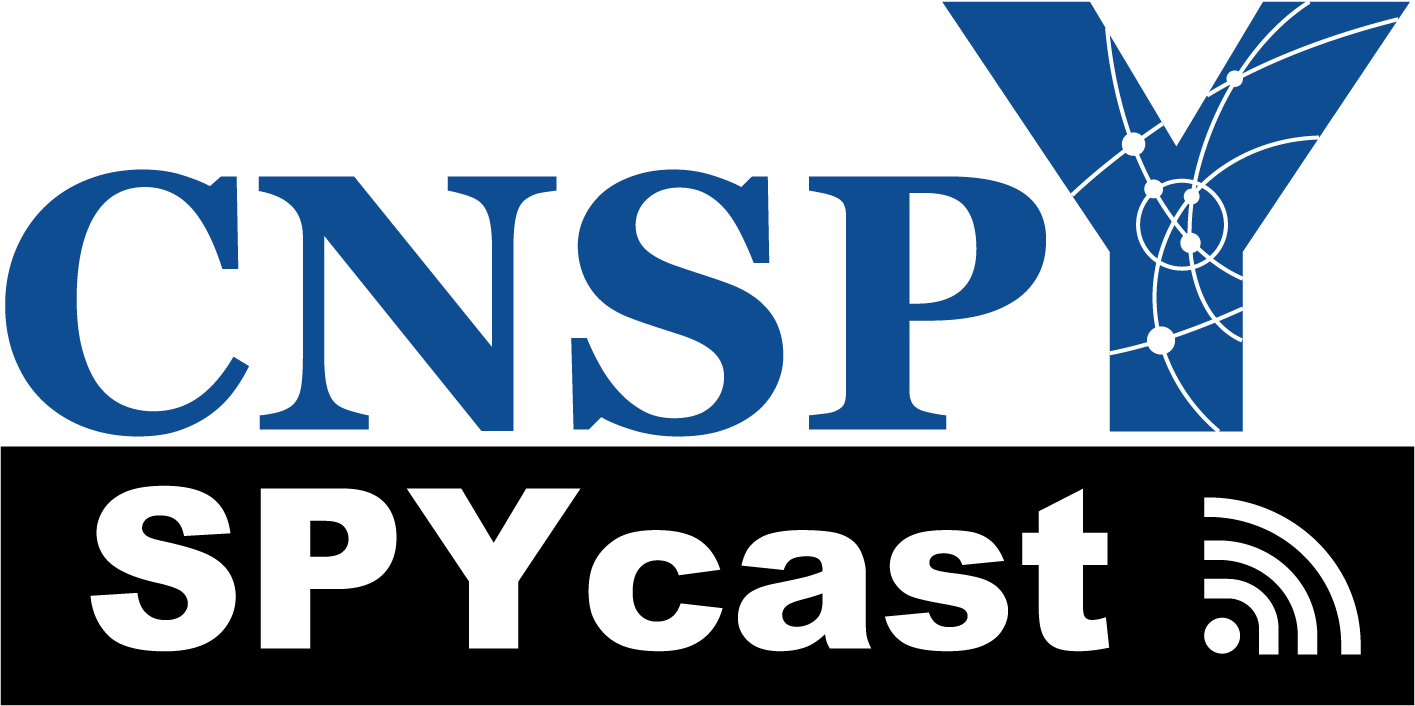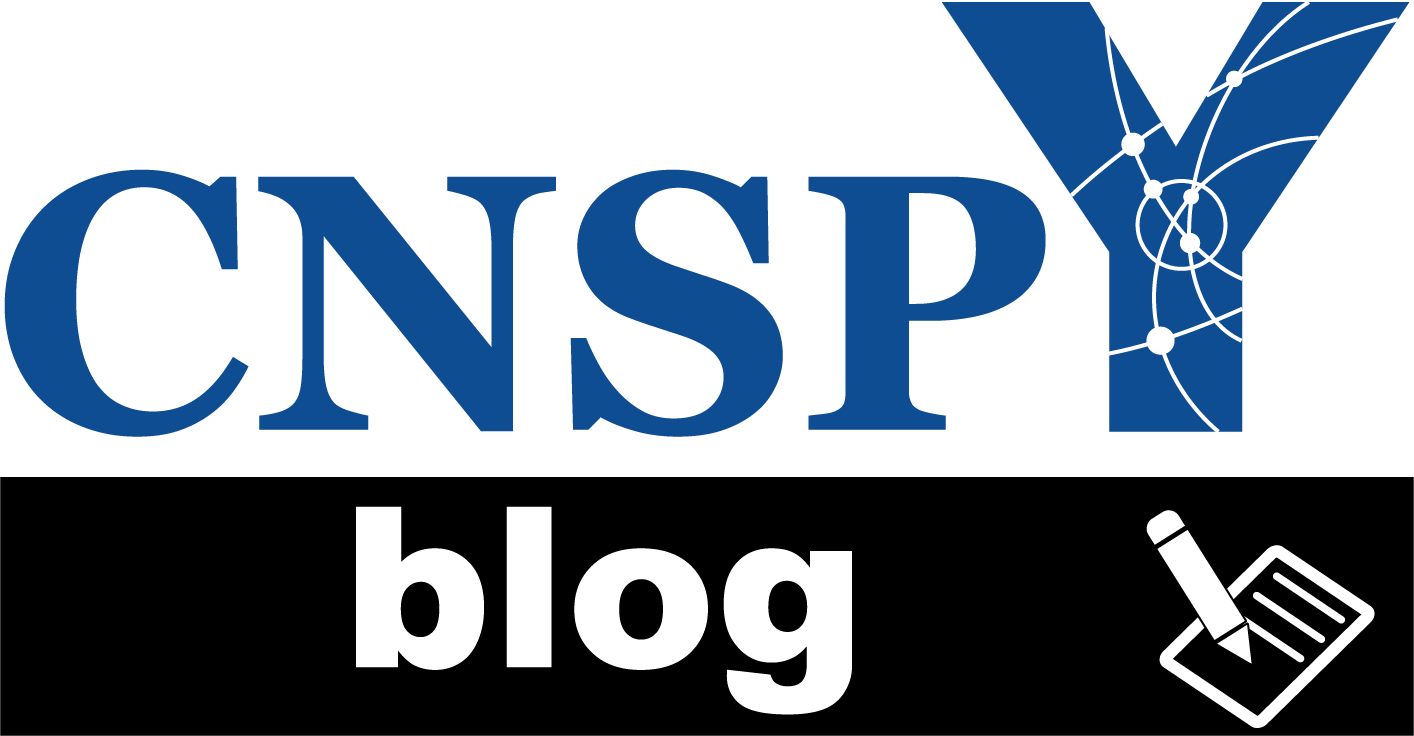In academia, we’re accustomed to writing and sending out a curriculum vitae, or a CV. This is a giant list of all your accomplishments that are expected to speak for themselves.
For example, if you’ve earned an F31 or an F32, other academics who would be reading your CV know immediately that those are NIH-supported pre- and post-doctoral research grants that are extremely competitive; thus, having earned one means that you undoubtedly stand out amongst your peers.
Likewise, listing a publication that appears in Nature implies that your work was novel, the first of its kind, and that you endured a rigorous review process to get that work published. You and your Nature publication will inherently be regarded higher than a competing colleague who has a PNAS paper, for example.
These things speak for themselves mainly because the audience reading your CV is well acquainted with the background of most of everything you’ve listed. Therefore, simply listing these accomplishments is all you need to do on a CV.
However, this is not the case for a resume.
A resume is most often required to apply for non-academic jobs, jobs in which the hiring managers may not be familiar with the background implications of your accomplishments. This means you need to explain it to them in order to ensure that they understand just how amazing you are and why you are indeed the best candidate for the job.
For example, which form of this statement do you think will be more successful in catching the hiring manager’s attention?
Version #1 – “President of the Graduate Student Association (GSA)”
Version #2 – “Served as President of the Graduate Student Association (GSA) for 2 years; re-allocated budget funds to create 3 new programs to improve student life, which garnered 100+ participants each and increased enrollment of new membership in the GSA by 27%”
Clearly, Version #2 is WAY more impressive than Version #1, even though it’s the same activity being described. This is the strategy that successful resumes follow.
You have to use metrics.
Give the reader a sense of the scale and importance of your activities and experiences. Always provide numbers and the background context of your qualifications because anyone can claim to be the world’s best tic-tac-toe player, but without metrics or an award to back up that claim, it’s a pointless reference on a resume.
This applies across the board, for any activity/experience you list on your resume.
Here are some examples of how to re-word your experiences for a resume:
For Research Experience:
Original Thought – “Studied the ability of XYZ protein to induce cancer metastasis”
Revised Thought – “Pioneered the study of novel mechanisms of cancer metastasis, resulting in 6 peer-reviewed publications and 2 advanced review articles that have been cited by colleagues 56 times”
Or Alternatively… “Identified a novel mechanism of cancer metastasis, leading to a paradigm shift in the field of breast cancer prevention and 3 peer-reviewed publications in top tier journals including Nature, Science, and Cell”
For Educational Outreach:
Original Thought – “Helped prepare lessons and teach science at local schools”
Revised Thought – “Developed and taught age-appropriate lesson plans for an educational outreach program in the sciences serving 15 New Haven public schools, reaching 100+ students each semester in historically high-needs areas” (and if you know it, you could add, “improving science grades by 5%” or something to a similar effect).
For Writing Experience:
Original Thought – “Excellent writing skills with superior ability to communicate science to a wide variety of audiences”
Revised Thought – “Wrote and was awarded two research grants/fellowships (NIH, and Doris Duke Foundation), each of which was directed towards different audiences (basic science researchers vs. clinicians)”
For Editing Experience:
Original Thought – “Served as a peer reviewer for the Yale Journal of Biology and Medicine”
Revised Thought – “Edited numerous manuscripts (10 to date) submitted for publication in the Yale Journal of Biology and Medicine, covering topics including cancer research, kidney physiology, and cognitive disorders; played an active role in determining acceptance vs. rejection”
For Consulting Internships:
Original Thought – “Participated in the Boston Consulting Group’s ‘Bridge to BCG’ program”
Revised Thought – “Chosen as 1 of 20 from over 300+ applicants for the Boston Consulting Group’s ‘Bridge to BCG’ program; assisted with biotech client cases, negotiating a 30% (200K) decrease in marketing costs on behalf of the client, and secured 3 new clients for BCG”
For Speaking Experience:
Original Thought – “Excellent public speaker”
Revised Thought – “Invited speaker at 4 national conferences and 3 local symposia, earning the ‘Best Speaker’ Award, and hand-selected by the Dean to deliver the Commencement Speech at Graduation”
For Committee Service: (as above)
Original Thought – “President of the Graduate Student Association (GSA)”
Revised Thought – “Served as President of the Graduate Student Association (GSA) for 2 years; reallocated budget funds to create 3 new programs to improve student life, which garnered 100+ participants each and increased enrollment of new membership in the GSA by 27%”
In each case, the main points are the same: “I have experience in this field.” However, the way in which you make that point is vitally important on a resume. The experience should help the reader form an opinion of you and your abilities based on the metrics and other forms of assessment you provide (i.e. number of publications, awards you’ve won, business deals you’ve secured, etc.).
Think of it this way… instead of just telling them what role you played and expecting them to figure out the magnitude of those activities and experiences on their own, you should EXPLAIN exactly what you did in those roles (in a concise manner, of course). This will help them get a better idea of your abilities, and it will also make you stand out amongst a plethora of other equally qualified candidates.
Aside from the way you word your accomplishments in the appropriate sections on your resume, there are a few other rules for resume-writing as well:
1) Absolutely NO typos.
When recruiters have hundreds, even thousands, of resumes to sift through daily, a quick way to weed out candidates is by assessing their attention to detail. Yes, it’s somewhat unfair to exclude someone who may be a perfect candidate for a given job based on a silly little typo in a resume, but put yourself in their shoes… if you had to select between applicants for an award, would you give it to the person who didn’t take it seriously enough to double-check for typos? Or would you give it to the person who doesn’t give you a single reason not to give it to them? Most would choose the latter.
So… NO TYPOS. Have it checked and re-checked by multiple people who have never seen it before – they will be the best at catching typos because they have fresh eyes on the document, not biased eyes (like yours), which expect and anticipate certain words and phrases, even if they’re not actually there as you intended.
2) Keep it to one page.
There is conflicting advice on this topic out there, but a good rule of thumb is to have one page per 10 years in the business, so for most of us, that means the resume should not exceed one page.
Also, no one wants to skim (yes, skim, not read) more than one page. In fact, some hiring managers have admitted that they don’t even look at the whole page! They’ll skim the top section or two and that’s about it. So, keep it short (and maybe put your most important accomplishments up top!). No one is willing to put in the time to read a lengthy document.
3) Use consistent formatting.
Your resume should be aesthetically appealing. If it’s jumbled or one of the sections is chopped up in a strange fashion, it’s A) not visually neat, which implies an inability to make things look professional, which can sour the recruiter’s opinion of you as a candidate, no matter how qualified you may be, and B) It’s hard to read, and if it’s hard to read quickly, it simply won’t get read at all.
Throughout the document, all the dates should be in the same place (left vs. right side of the page), all the headings of each section should be the same (font, type-style, capitalization, left-right-center spacing, etc.), bullet points and other subtitles should all have similar indentations from the left margin, etc. Make it look cohesive, professional, and uniform throughout. This simple approach to presenting your information will do more favors for you in terms of initially getting noticed than the words on the document themselves.
4) Do NOT lie.
So many times, people try to over-embellish or flat-out lie on their resumes to get themselves ahead of their competition. In today’s world, with the internet at everyone’s fingertips, checking up on something you’ve claimed to be true is easy, and if you are found to be lying, it will immediately hurt you. What’s more, recruiters and hiring managers in similar fields usually know each other and if you lie on an application/resume for one company, word will probably get around to the next company you try to apply to. Just don’t do it. Highlight your accomplishments in the best way possible, but don’t overdo it so much that you are basically lying.
5) Always send it as a PDF.
Not all computers and word processing programs are created equal. Once you have your finished document and it looks great in the version of Word you’re using, you’re ready to send it out. However, if the recruiter or hiring manager you send it to does not have the same version of Word you used to create your document, typed words and lines may get shifted around when they open it on their computers. For example, some of the newer features in Word 2013 may not function properly in Word 2008. Thus, your perfect formatting and attention to detail may be lost when the document is opened in a less updated version of the program. This could inadvertently make it appear as though you were careless in the formatting and composition of your resume. To avoid these potential issues, always Always ALWAYS send your resume as a .pdf file to preserve the visual aesthetics that you’ve intended the reader to view.
Of course, these bits of advice are not exhaustive, and you’ll find a lot more advice out there – on the Internet, from professional resume writers, other coaches/mentors, etc. – but these tips will at least get you started.
Resume writing takes a bit of practice because it’s a much different way of presenting yourself than you are probably used to. However, try it. Look online to find resume templates and get ideas about how you want your resume to look, and then get started. Take a stab at it, and try the writing style. Then get lots and lots of edits, comments, and suggestions, from as many people as possible. The more eyes you put on your resume, the better the final document will be, and the more successful you’ll be at securing your dream job.
Also, the sooner you get started on it, the sooner your resume will be ready, and you never know when someone may ask you for it. Best to be prepared so that you can capitalize on any opportunity that comes your way. Keep in mind that, like a CV, you can always update it, but at least get a starting base for your resume (with many rounds of edits from others!) so that you can fire it off in an email at a moment’s notice.
** Type up a resume and let us know what issues you’re concerned about! **
Share your thoughts below by clicking the “Leave a Reply” link or by clicking the chat bubble in the top right of the post.






December 2, 2016 at 11:38 am
Great article. Very helpful. Thank you!
Looking for a place to get started on writing your resume? This guide https://goo.gl/8xC01Q was extremely helpful for me.
February 17, 2024 at 11:16 am
Home Depot is a retailer that offers a wide range of products such as home appliances, tools, hardware, builders’ hardware, lumber, building materials, lighting, electrical supplies, paint, plumbing, flooring, furniture, home decor, bedding, curtains, garden supplies, plants, and more. The management at Home Depot is committed to providing the best shopping experience for their customers. To achieve this goal, they have launched a customer satisfaction survey to gather honest feedback from their customers about their experience. To participate in the survey, please visit the official website at homedepotsurvey.co. The survey takes less than 10 minutes to complete, and customers who participate in the survey will have the chance to win a $5000 gift card.
September 4, 2023 at 9:56 pm
Un replica watches Rolex è considerato da molti uno status symbol, un oggetto che ti fa sentire parte di un gruppo d’élite, un accessorio che porta prestigio e autostima a chi lo indossa. Ma questi “attributi magici” derivano non solo dal design esplicito di questi pezzi, ma anche dalla storia del marchio e dal ruolo che gli
November 10, 2023 at 3:37 am
Oyster e Perpetual replica rolex, la prima risalente addirittura al 1926, è stata la prima vera La cassa resistente all’acqua era sinonimo di orologeria, che arrivò molto più tardi e stabilì il rivoluzionario meccanismo del rotore che diede inizio alla moderna dinastia a carica automatica.
March 25, 2024 at 4:08 pm
I want to express my appreciation for your hard work to compile these blog. Reading is my sparetime hobby. Namaste
March 30, 2024 at 4:52 pm
This blog post offers invaluable insights into crafting effective resumes by highlighting the importance of contextualizing accomplishments with quantifiable metrics. It’s crucial to showcase the depth and impact of your experiences, especially in non-academic settings where familiarity with academic achievements might be limited. For those seeking further guidance on enhancing their resumes to stand out in competitive job markets, I recommend exploring Pangea Global’s translation service blog, visit here. They offer expertise in communicating your unique strengths across languages and cultures, ensuring your resume resonates with potential employers worldwide.